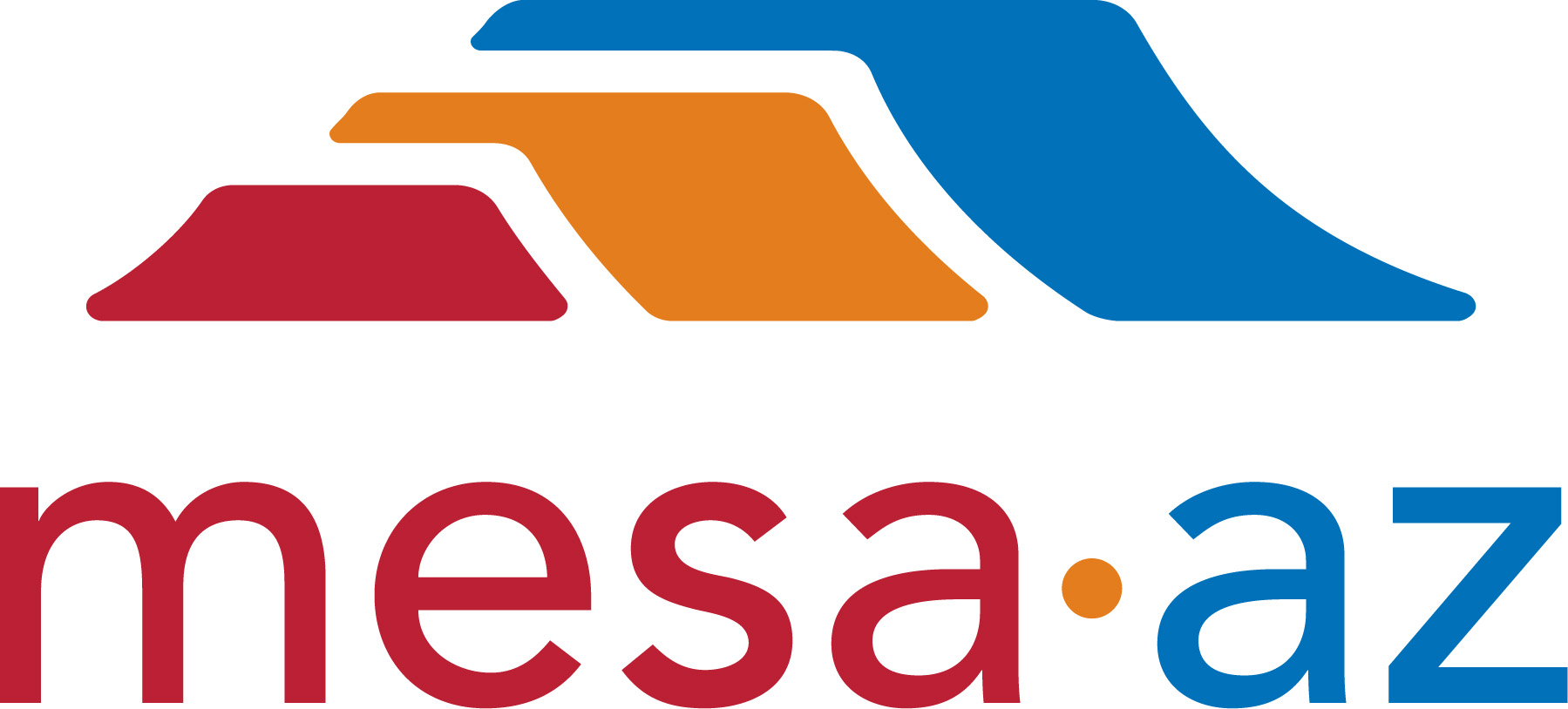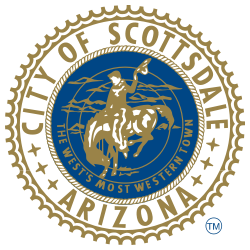In This Issue
Hydrogen as an Alternative Fuel
ADOT NEVI EV Charging Sites Awarded
Funding and Webinars
Member Spotlight: City of Phoenix
Hydrogen as an Alternative Fuel
Hydrogen is an emerging alternative fuel that has the potential to drastically cut transportation emissions. When used as the source of energy in fuel cell electric vehicles (FCEVs) hydrogen produces only air and water as byproducts, so these vehicles emit zero harmful tailpipe emissions. Hydrogen fuel cell electric vehicles are also two to three times more efficient than an internal combustion engine running on gasoline.
Hydrogen is an abundant element and can be found stored in water, hydrocarbons such as methane, and other organic materials. In order to use hydrogen as a fuel it must be extracted from these sources.
Currently the most common and cost effective source of hydrogen is natural gas. The hydrogen is extracted from the natural gas in a process called steam reforming. This process uses the reaction of natural gas with high temperature steam to create a mixture of gases that includes hydrogen, carbon monoxide, and a small amount of carbon dioxide. The hydrogen is then extracted from this mixture of gases. Natural gas reforming using steam accounts for the majority of hydrogen produced in the United States annually. Hydrogen can also be produced from water through a more energy intensive process called electrolysis. In this process, an electric current splits water into hydrogen and oxygen.
While hydrogen has the potential to be an emission free transportation fuel, it has yet to become cost effective for this use. This is due to the high cost of its extraction, production and distribution. Currently almost all the hydrogen produced in the United States each year is used for refining petroleum, treating metals, producing fertilizer, or processing foods. Extensive research and development projects are being conducted by government and industry to try to improve extraction techniques and technology and reduce the production and distribution cost of hydrogen. Once costs are reduced, hydrogen could become a viable fuel option for vehicles.
To learn more about hydrogen, visit the Hydrogen and Fuel Cell Technologies Office website.
Awards Announced for ADOT Electric Vehicle Infrastructure Deployment Plan
The Arizona Department of Transportation (ADOT) has announced awards for the construction or upgrading of EV charging stations at 18 sites along Arizona’s designated interstate highways. These awards are part of the National Electric Vehicle Infrastructure (NEVI) program and ADOT’s 2022 EV Charging Infrastructure Deployment Plan.
The objective of NEVI is to create a nationwide network of fast chargers along the highways to facilitate long-distance travel for electric vehicles. Stations must be placed up to 50 miles apart and must be located within one mile of the highway. Each station must include at least four DC level 3, 150kW fast chargers, which will charge electric vehicles in approximately 30 minutes or less.
The 18 sites awarded are along I-10, I-8, I-40, I-17 and I-19. ADOT will ensure the stations meet NEVI requirements but will not own the stations. Additional EV fast charger stations will be constructed on other designated EV corridors in Arizona in the future. ADOT expects to issue requests for proposals for stations identified in their 2023 and 2024 EV plans by Spring 2025.
For more information about the EV plan visit AZDOT.gov/EVPlan.
Funding
Notice of Intent for Tribal Clean Energy Funding
The U.S. Department of Energy (DOE) Office of Indian Energy issued two Notices of Intent (NOIs) to release a combined $30 million in Funding Opportunity Announcements (FOAs) later this summer. DOE anticipates issuing the following two Tribal energy funding opportunities in late summer 2024.
Tribal Clean Energy Planning and Development
This planned FOA will solicit applications for the planning, assessment, and development of clean energy projects on Tribal buildings or Tribal lands, to:
Conduct Tribal clean energy planning
Comprehensively assess the feasibility and viability of deploying clean energy technology on Tribal lands, or
Conduct clean energy project design and development activities for deployment on Tribal buildings or Tribal lands.
Under the planned FOA, the Office of Indian Energy anticipates making approximately $25 million available with awards that range from $100,000 to $2,500,000.
A 10% recipient cost share is anticipated to be required under the planned FOA. However, the Office of Indian Energy may provide an opportunity for eligible applicants to request a cost share reduction from 10% to 0% based on poverty rate and median household income of the Tribal community relative to the statewide median household income.
Download the NOI (DE-FOA-0003400) for Tribal Clean Energy Planning and Development – 2025.
2. Tribal Colleges and Universities Planning for Clean Energy Transition
This planned FOA intends to provide financial support to TCUs to plan the transition of their campuses to clean energy. Under the planned FOA, the Office of Indian Energy anticipates making approximately $5 million available with awards that range from $100,000 to $250,000 for planning grants. No recipient cost share is anticipated under the planned FOA.
Download the NOI (DE-FOA-3402) for Tribal Colleges and Universities Planning for Clean Energy Transition – 2025.
Battery Technology Funding Opportunity
EERE’s Vehicle Technologies Office (VTO) is offering $43 million to fund projects that advance battery improvement. The funding will drive breakthroughs in low-cost electric vehicle (EV) battery manufacturing, improve battery safety, and strengthen the domestic EV supply chain. Concept papers due by September 9 and full applications are due by October 30.
Webinars
EV Incentives with Utilities
Thursday, September 12, 2024
2:00 PM - 3:30 PM MST
In this presentation, representatives from Arizona utility companies will discuss the various incentives available for electric vehicle (EV) owners. They will highlight rebates, charging infrastructure support, and other benefits designed to encourage the adoption of EVs in the state. This session is an opportunity for attendees to learn how they can save on costs while supporting sustainable transportation.
VSCCC is proud to have the City of Phoenix as a member of our coalition. As one of the largest and fastest growing cities in the USA, Phoenix is a great place to live, work and visit. The city is also a leader in alternative fuel use and sustainable practices. The City of Phoenix was awarded the Top Green Fleet of 2023 Award from the National Association of Fleet Administrators (NAFA). The City’s fleet includes vehicles that run on a variety of alternative fuels including CNG, RNG, Biodiesel, Ethanol and Electricity.
VSCCC strives to provide alternative fuel information to all people within our region. In order to increase our outreach abilities we are working with local agencies to share our newsletter and clean fuel resources with an even greater audience. We are proud to partner with the Inter-Tribal Council of Arizona's Air Quality Department, ASU's Sustainable Cities Network and Maricopa County Air Quality Department.
OUR NEWSLETTER IS ALSO AVAILABLE IN SPANISH
Translations done by Diego Montemayor- Diego@cleanairaz.org











